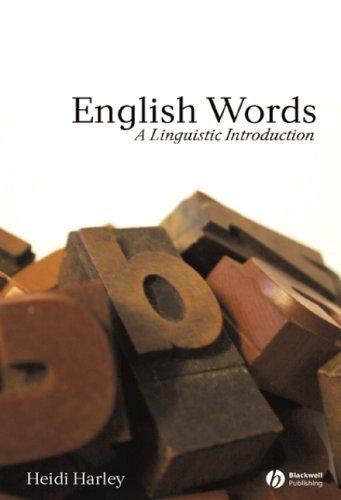First -- hey, look! Everybody down tools!
Scientists Have Identified Basic Principles of Communication!
Actually, the title is very odd, given the actual story, which is really about trying to automatically recognize idea devolopment patterns in good writing by extracting content words and doing some computations over their occurrences and interrelationships during the course of a given text. Reading the story, I can't identify any basic principle of communication that's already been identified by this work, unless it's supposed to be the claim that there's hierarchicial structure underlying poor li'l linear language, at a textual as well as a sentential level... but frankly, I don't think these guys are trying to take credit for discovering
that! In their investigation they do seem to be mixing genres wildly (Einstein
and Tom Sawyer!), so if they do find a commonality in idea development that holds of good scientific writing and good comic novels (but not of bad scientific writing and bad comic novels), they might well have discovered a basic principle of communication. But I'm not holding my breath.
In other news, on Thursday, the New York Times had a story about online gaming on the front page of their online edition:
Online Game Galaxy Gets a New Race of CharactersThis is certainly newsworthy to the millions of Warcraft players, but I'm guessing that they already knew about it. Not being much of a gamer myself, I didn't know about it, and don't much care. I was, however, interested to see this upgrade in the newsworthiness of virtual worlds, rating national coverage in the NYT. I guess we're well on our way towards living in the world of
Dream Park, where gaming superstars earn like top athletes in popular sports do, and are dissected as celebrities by the national press. Currently, the thing is, as a recent
Time article on the new Nintendo video game interface puts it,
"Video games are an unusual medium in that they carry a heavy stigma among non-gamers. Not everbody likes ballet, but most nonballet fans [hey, check out the constituency on that compound! -hh] don't accuse ballet of leading to violent crime and mental backwardness. Video games aren't so lucky. There's a sharp divide between gamers and nongamers, and the result is a market that, while large and devoted...is also deeply stagnant. Its borders are sharply defined, and they're not expanding."
I think this explains why coverage of events in the gaming world (fantasy, video or online) seems to be pretty nonexistent in the established media: gamers have their own sources for news, and non-gamers are aggressively uninterested. Maybe the NYT article is the beginning of a sea change in this regard.
(If you haven't read Dream Park, you might enjoy checking it out — I expect it's still as entertaining as I remember it being, though I don't much care for the cover on the edition in the link above -- I don't remember dragons figuring in the story at all.)
Anyway, another thing that I found a bit weird about the NYT story was its placement in the paper, in the Technology section. As far as I can tell, although the people who play the game are doubtless interested in 'technology', the change to the game that's being covered doesn't seem to involve any actual new hardware or even significant changes to the software platform of the game at all. That is, there's no technology in the story. A lot of newspapers have 'entertainment/lifestyle' sections that I would have thought would have been more approprate for, but none the Times' section headers really fit... video games aren't 'Sports', so that's out; 'Arts' just doesn't seem quite right either, though TV and movie coverage is in there; video games, since participatory, aren't quite an Art, and anyway, Warcraft coverage would probably clash with the dance and theater reviews, and also probably wouldn't reach its intended audience. Science -- no. Style -- no. Health -- uh uh. Not World, not Region... if it had been me, I perhaps would have put it under 'National'. But really a paper needs an Entertainment section for that story, which the NYT doesn't have.



